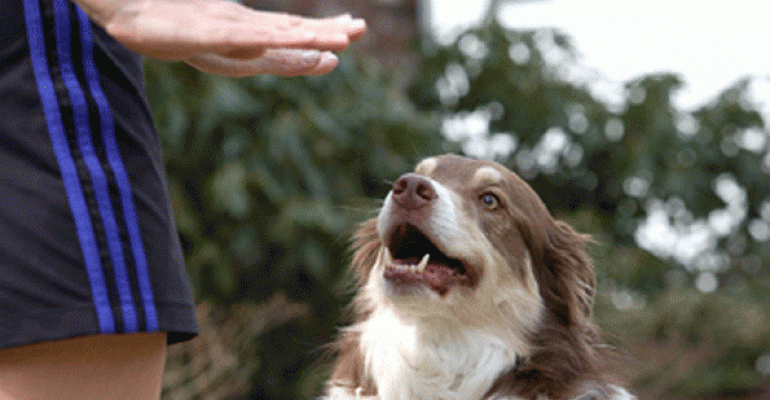 Columnist David Brooks had a must-read editorial in today's New York Times for anyone involved in training, adult education, or just meetings that actually help change attendees' behavior for the better. Called How People Change, he reminded me of a comment made by a woman I used to train my dog with, who said that she wished she had gotten into canine obedience before she had kids, since the concepts involved in training both are awfully similar.
Columnist David Brooks had a must-read editorial in today's New York Times for anyone involved in training, adult education, or just meetings that actually help change attendees' behavior for the better. Called How People Change, he reminded me of a comment made by a woman I used to train my dog with, who said that she wished she had gotten into canine obedience before she had kids, since the concepts involved in training both are awfully similar.
Neither she nor Brooks are advocating clickers or Milk Bones, but if you want a dog to sit, a kid to sit still, or an adult to follow a certain procedure to create better widgets, punishing them for doing something other than what you want isn't going to get you very far. What does work is finding those moments when they do it right and rewarding them for it. Good behavior begets more good behavior, and before you know it, it becomes the default behavior.
As Brooks says, "Lure people toward success with the promise of admiration instead of trying to punish failure with criticism. Positive rewards are more powerful." Clickers are optional.


